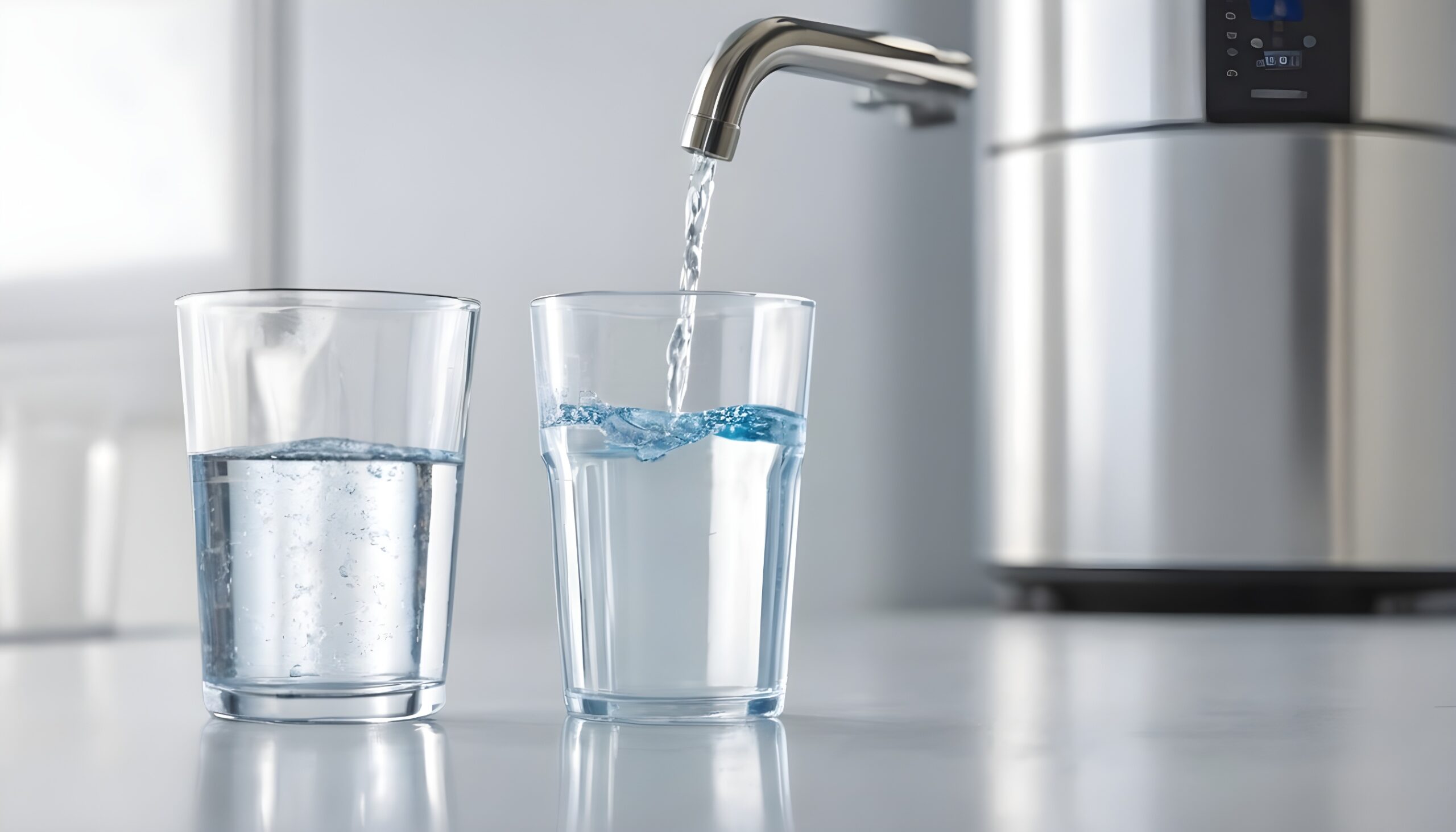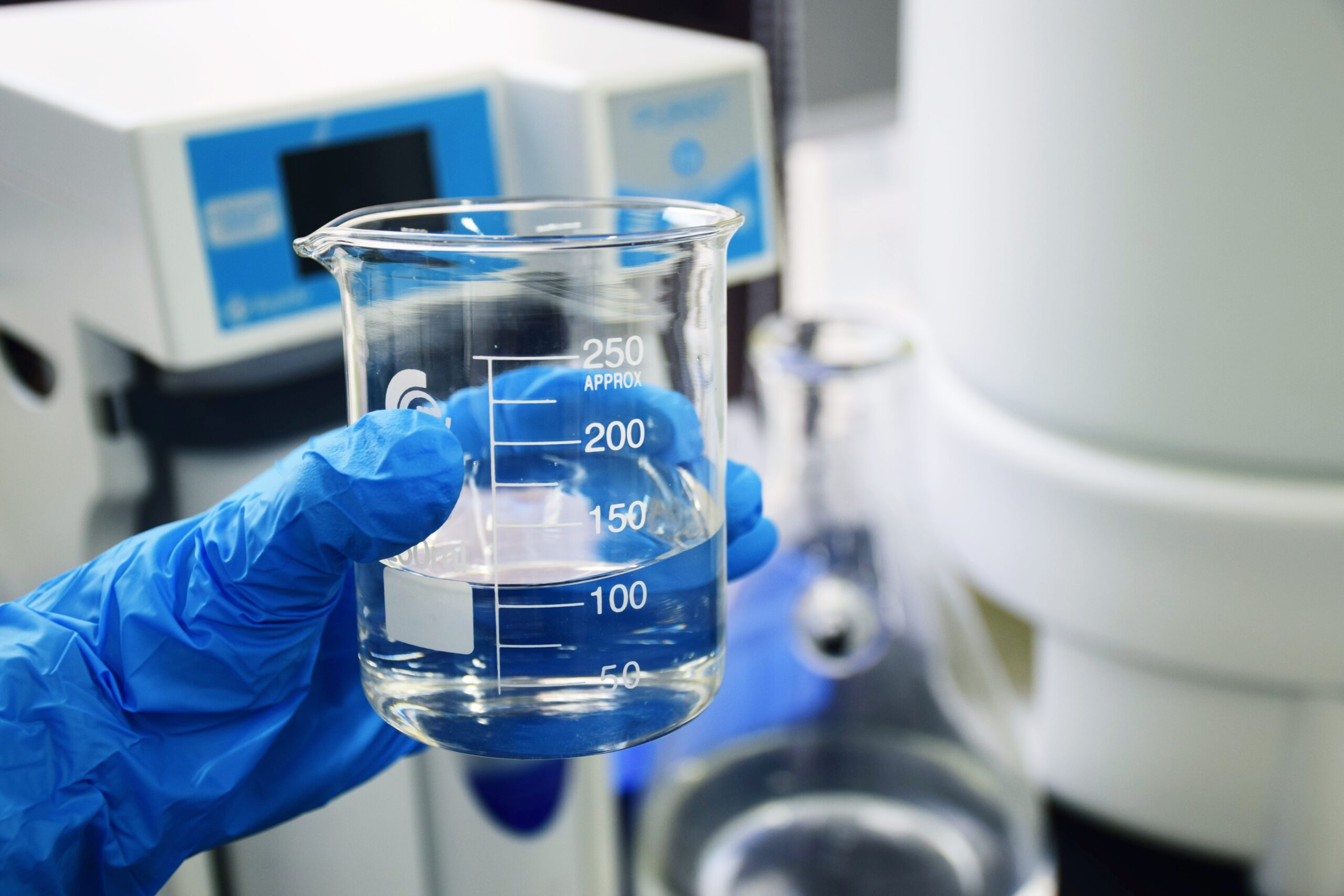Why a Water Purification System Is Essential for Clean, Safe Water
Accessibility to tidy, risk-free water is a basic human right and a keystone of public health. The visibility of hazardous impurities such as microorganisms, heavy steels, and chemical contaminants in our water supply raises serious concerns concerning wellness and well-being. A water purification system stands as a vital service to alleviate these dangers, guaranteeing that areas and people can access safe drinking water. Recognizing the ins and outs of these systems and their different techniques is vital, especially as we think about the implications for health and wellness results and environmental sustainability in our day-to-days live.
Value of Tidy Water
Access to tidy water is a basic necessity for human health and wellness and health. It is essential for sustaining life, supporting hygiene, and preserving general public wellness. Water Purification System. The availability of safe alcohol consumption water substantially lowers the danger of waterborne illness, which pose a significant hazard to communities worldwide. Contaminated water can cause serious health issues, including stomach health problems, cholera, and dysentery, particularly in vulnerable populations such as children and the senior.
Additionally, clean water is critical for sanitation and health techniques, which are essential in avoiding the spread of infectious conditions. Ample water system supports correct hygiene facilities, promoting a healthier environment. Additionally, accessibility to risk-free water influences socioeconomic variables, as it enables neighborhoods to take part in commercial and farming tasks, ultimately adding to financial development.
In many areas, the lack of clean water exacerbates hardship and inequality, more hindering progress towards sustainable development goals. Ensuring accessibility to tidy water is not only a public wellness essential yet also a keystone for social equity and financial growth. Initiatives to enhance water top quality and framework have significant advantages, promoting healthier areas and boosting quality of life.

Usual Pollutants in Water
Making sure the accessibility of tidy water is threatened by numerous pollutants that can jeopardize its safety and quality. The visibility of pathogens, such as bloodsuckers, bacteria, and infections, poses considerable health dangers, particularly in locations doing not have appropriate hygiene. These microbes can bring about waterborne illness, causing extreme ailment and even fatality.
Chemical pollutants likewise provide an important concern. Hefty metals, including mercury, arsenic, and lead, commonly enter water supplies with commercial discharges or rusty pipes. These compounds can collect in the body in time, leading to long-lasting wellness concerns such as neurological damages and developmental problems.
Additionally, agricultural drainage presents pesticides and fertilizers into water supply, which can disrupt environments and adversely influence human wellness. Nitrates, frequently located in plant foods, can create serious conditions like methemoglobinemia, especially in infants.
Advantages of Water Filtration Systems
Recognizing the vital requirement for secure alcohol consumption water, water purification systems provide a myriad of benefits that improve public health and wellness and ecological sustainability. Primarily, these systems efficiently remove damaging impurities, including microorganisms, infections, hefty steels, and chemicals, making sure that the water eaten is devoid of microorganisms and pollutants. This decrease in impurities significantly decreases the danger of waterborne conditions, advertising general community health.
In enhancement to wellness advantages, water purification systems add to ecological sustainability by lowering dependence on mineral water, which usually creates extreme plastic waste. By utilizing a filtration system, families can decrease their carbon impact and contribute to a more lasting environment. These systems can improve the taste and odor of water, making it a lot more palatable for day-to-day usage.

Various Sorts Of Purification Methods

One usual method is reverse osmosis, which utilizes a semi-permeable membrane layer to separate water from dissolved impurities and solids. This process successfully lowers contaminations, consisting of heavy metals and chemicals. An additional commonly utilized technique is ultraviolet (UV) sanitation, which uses UV light to counteract microorganisms and viruses, making them safe without using chemicals.
Activated carbon filtration is an additional preferred strategy, utilizing carbon to adsorb natural compounds, chlorine, and unpleasant odors, improving preference and smell top quality. Purification, a process that includes boiling water and condensing the heavy steam, successfully removes minerals and pollutants but might call for more power contrasted to various other techniques.
Ion exchange is typically used to soften water by replacing calcium and magnesium ions with salt or potassium ions. Each approach has its benefits and limitations, making it important to comprehend their performances and effectiveness in attending to details water quality problems - Water Purification System. Eventually, selecting the proper purification approach is essential for making certain safe and clean alcohol consumption water
Choosing the Right System
Choosing an ideal water filtration system needs careful factor to consider of different variables, consisting of the certain pollutants present in the water supply, the quantity of water required, and the wanted purification technique. Initially, it is important to carry out a water quality test to recognize impurities such as microorganisms, hefty steels, or chemical contaminants. This information will certainly assist you in picking a system that properly targets those particular pollutants.
Next, assess your home's daily water intake to identify the system's ability. Equipments are readily available in various dimensions, from point-of-use filters for alcohol consumption water to whole-house systems that purify all water entering your home.
Additionally, consider the purification technique that finest fits your demands. Reverse osmosis is very effective for removing a broad variety navigate to this site of pollutants, while UV purification is exceptional for removing microorganisms.
Verdict
In conclusion, the application of water purification systems is critical for ensuring accessibility to clean and risk-free water. By recognizing the relevance of tidy water and the advantages of various purification methods, neighborhoods can make educated see this site decisions to safeguard their health and wellness and advertise socioeconomic stability.
Recognizing the important requirement for secure drinking water, water filtration systems use a myriad of benefits that boost public health and wellness and ecological sustainability.In enhancement to wellness advantages, water filtration systems contribute to ecological sustainability by lowering reliance on bottled water, which frequently creates excessive plastic waste. Inevitably, the adoption of water filtration systems is a proactive step toward ensuring clean, safe water for future generations while protecting public wellness and the setting.
Selecting a suitable water purification system needs careful factor to consider of various aspects, consisting of the particular pollutants existing in the water supply, the volume of water needed, and the preferred filtration method.In verdict, the application of water filtration systems is important for ensuring accessibility to secure and tidy water.